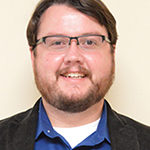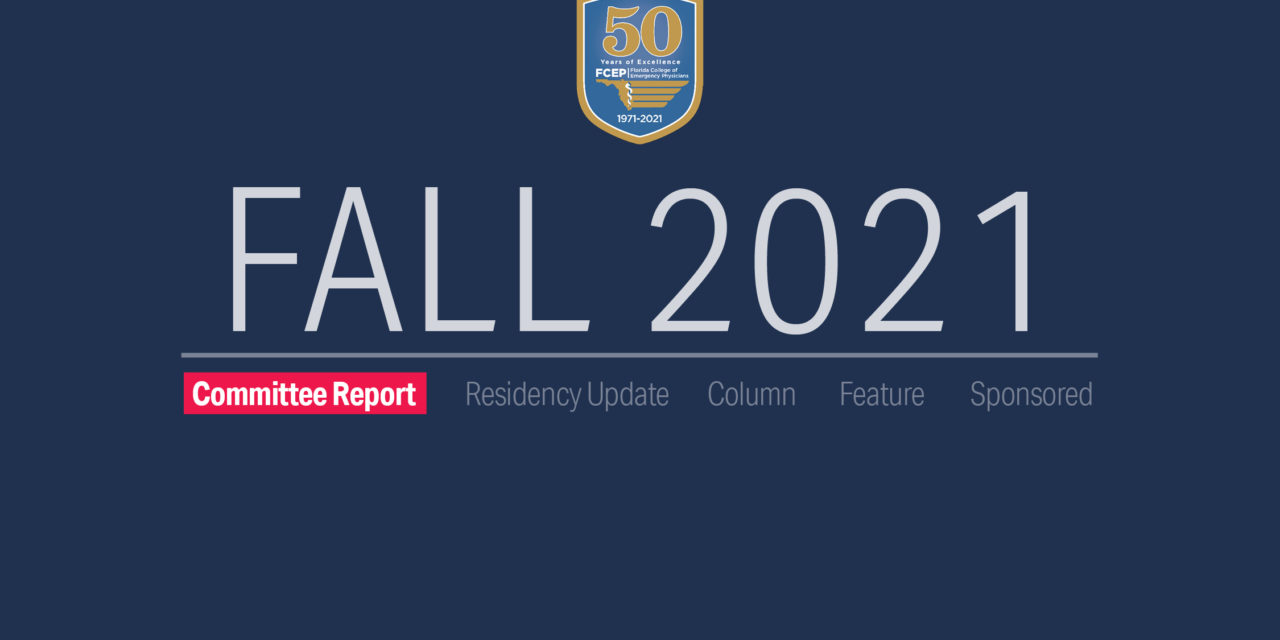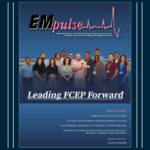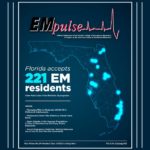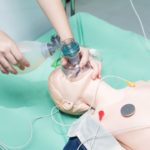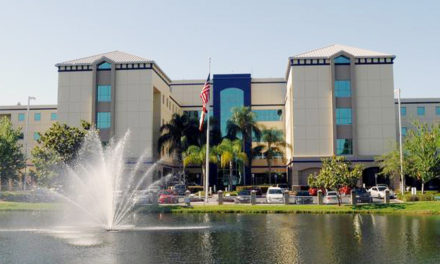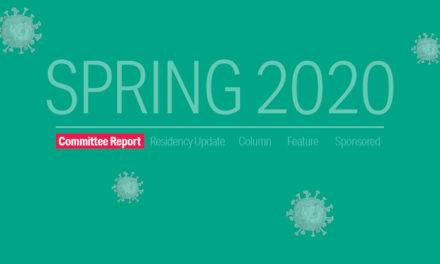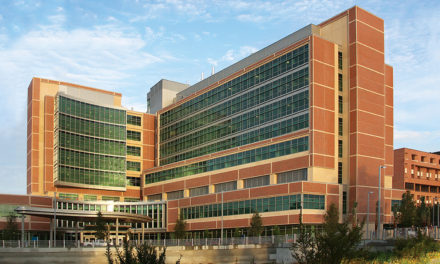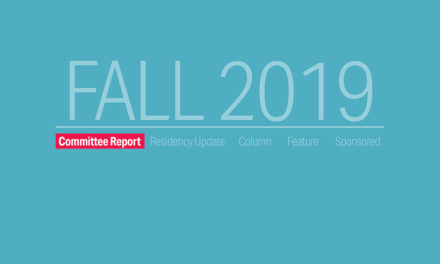Fall 2021: EMS Trauma Committee Update
“Pandemic flux syndrome” is a non-clinical description coined by the Washington Post that tries to capture the group feeling of “blunted emotions, spikes in anxiety and depression, and a desire to drastically change something about their lives.” This interesting concept encapsulates the difficult-to-describe feeling we hear about from many EM and EMS colleagues. There was an anticipation of relief and “normalcy” heading into the summer. This reality seems to have been broken by what we are now facing. People describe this rapid movement between fatigue, anger, and frustration from the “back and forth” or flux of this pandemic. While sometimes things don’t feel hopeful, a sense of community or collective understanding can develop from the shared struggle of pandemic flux syndrome. Even Forbes magazine has jumped on this term, one we can use to understand and work through these rapid cycles of emotions.
It starts with the commitment to regain control and balance over work and what we are doing. Wellness experts at UF are recommending we focus on promoting balance by creating appropriate separation from work. Start with implementing a “transition routine” to switch from work mode to home mode. Listen to music, take a short walk with a pet or to the mailbox. Try and allow your mind to switch modes.
Strive to take some quality break time throughout the day. There is mounting evidence about taking one-to-five-minute breaks to stop, separate yourself from the distractions, and take deep, controlled breaths. It can decrease stress and cortisol levels and lower blood pressure for longer than just the few minutes you participate in the activity. Also, when it is your time away from work, resist the “Siren Call” of our electronic devices, the chirps of phones, and social media.
The Forbes article recommends “practicing self-care, tak[ing] breaks, go[ing] outdoors and get[ing] some sunlight.” Create ways to strengthen your resiliency and recharge with hobbies, and arrange time off. Plan and take a vacation. Strengthen yourself physically and mentally with running, gym time, yoga, or walks in a park. They also recommend “reduc[ing] your time on social media and avoid[ing] arguing with strangers online.”
Their last bit of advice is, “Don’t do anything rash, such as hastily quitting your job. Try practicing a little meditation to decompress and chill yourself out. Make sure you get enough—but not too much—sleep. Try to avoid excessive amounts of alcohol, drugs, and junk foods. Seek out professional help.”
Remember that, not only does what you do matter, but you matter!
A special thanks to FCEP’s own Dr. Cristina Zeretzke-Bien for the inspiration for this article. Find more information on this topic here:
- Why this stage of the pandemic makes us so anxious by the Washington Post
- The Delta Variant Is Creating A Second Wave Of Mental Health Issues: Here’s How To Fight Back by Forbes
- Mental Health in Flux: Examining ‘pandemic flux syndrome’ and tips to help navigate challenges by the Center for Human Development
EMS and Trauma Committee Update:
After the recent State Surgeon General executive order allowed EMS to administer Regeneron, Dr. Ken Scheppke and other state of Florida health officials have been trying to expand the access to this medication during our most recent COVID spike. These infusion sites are viewed as a way to alleviate some of the burden on our emergency departments and hospitals by trying to stave off admissions in appropriately selected patients. For more information, reach out to Melissa Keahey (mkeahey@emlrc.org) or go to floridahealthcovid19.gov/monoclonal-antibody-therapy.
The Central Florida Disaster Medicine Coalition and the region five trauma agency completed its Virtual MCI Trauma Coordination Center Plan Functional drill on August 13, with excellent attendance. It was a solid educational experience for all who attended. A special thanks to Dr. McPherson, Dr. Pappas, Matt Meyers, Lynne Drawdy and all who helped put this together. More resources can be found at centralfladisaster.org.
And last but not least, major congratulations to our very own Dr. Scheppke for being named the 2021 NAEMT/BoundTree EMS Medical Director for the Year. Fantastic work! ■
This article is part of the following sections:
